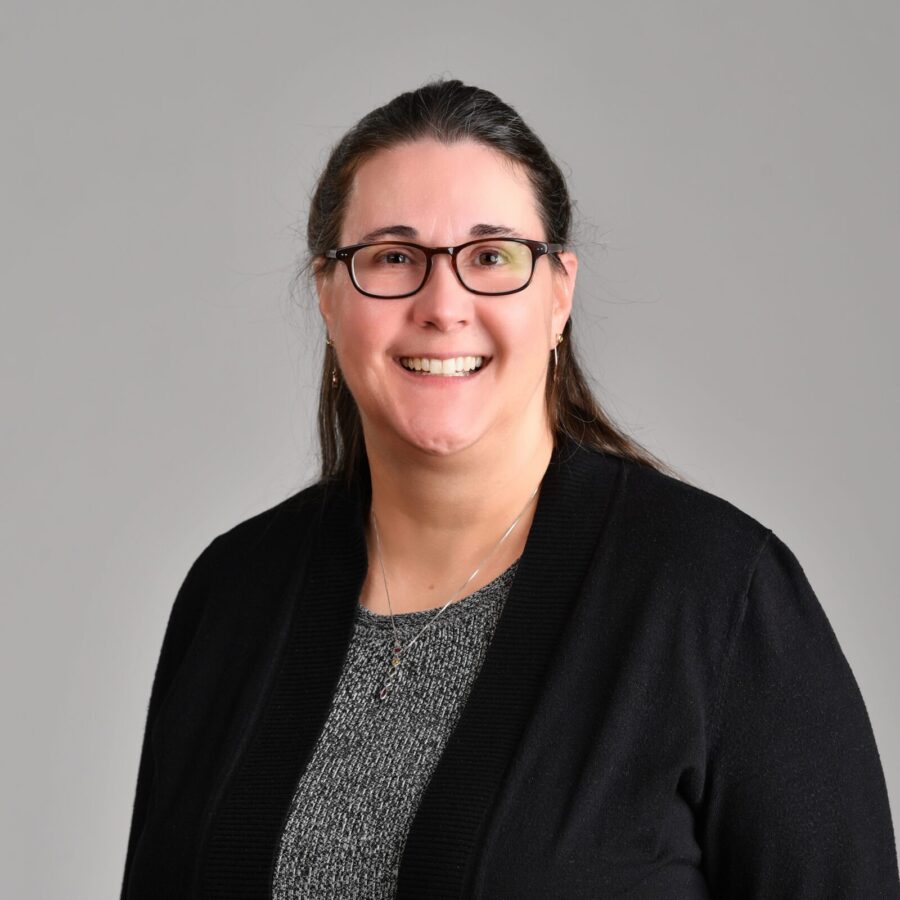Documentation Guidelines
Disability is defined by federal laws as a physical or mental impairment that substantially limits one or more major life activities. Major life activities include, but are not limited to: walking, learning, concentrating, communicating, seeing, hearing, eating, and speaking. Please remember that a diagnosis, on its own, does not automatically qualify a person for accommodations.
Accommodations are determined via an interactive process. If you do not have documentation, your provider can complete a verification form for the accommodation you request.
Documentation should be completed by a licensed professional unrelated to the student, and include the date, signature, and license number of the professional. Documentation is most helpful when it includes identification of the student’s disability, a description of the student’s functional limitations, and a recommendation of possible accommodations. Professionals conducting assessment, rendering diagnoses of specific conditions and making recommendations for accommodations must be qualified to do so. Third party documentation is used as one component of the interactive process. Please note that we do not accept documentation obtained through online assessments as these organizations do not provide credible information. We encourage students to obtain legitimate professional assessment and support prior to requesting either academic or housing accommodations.







